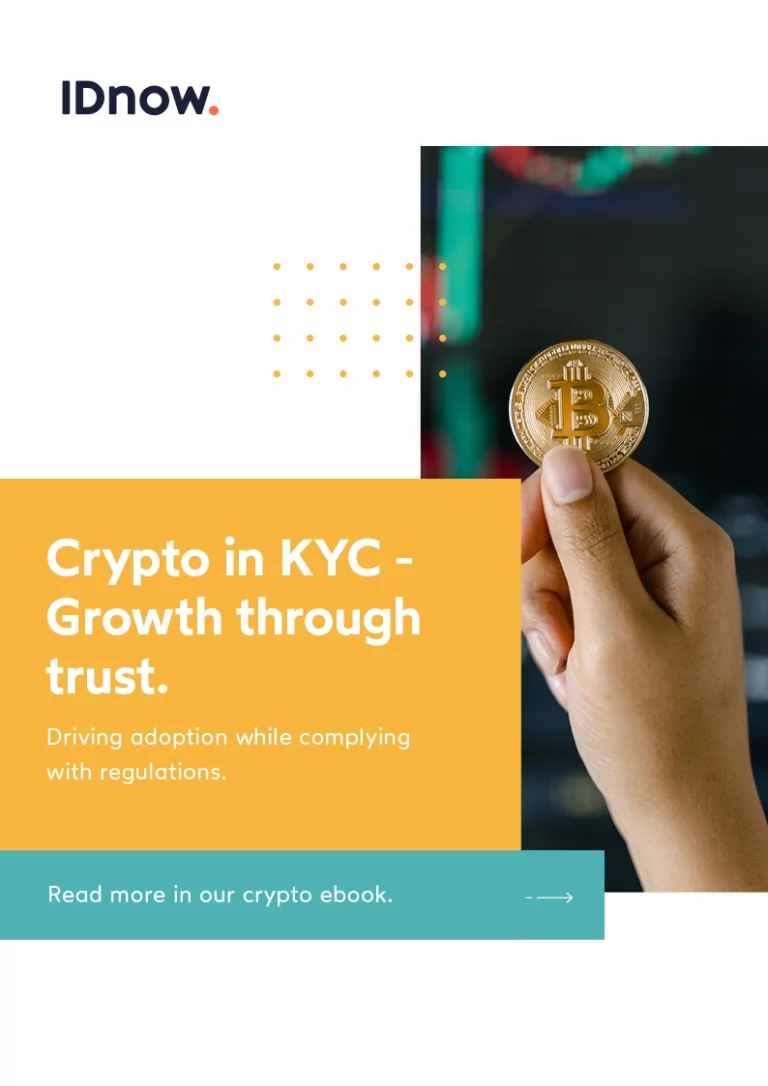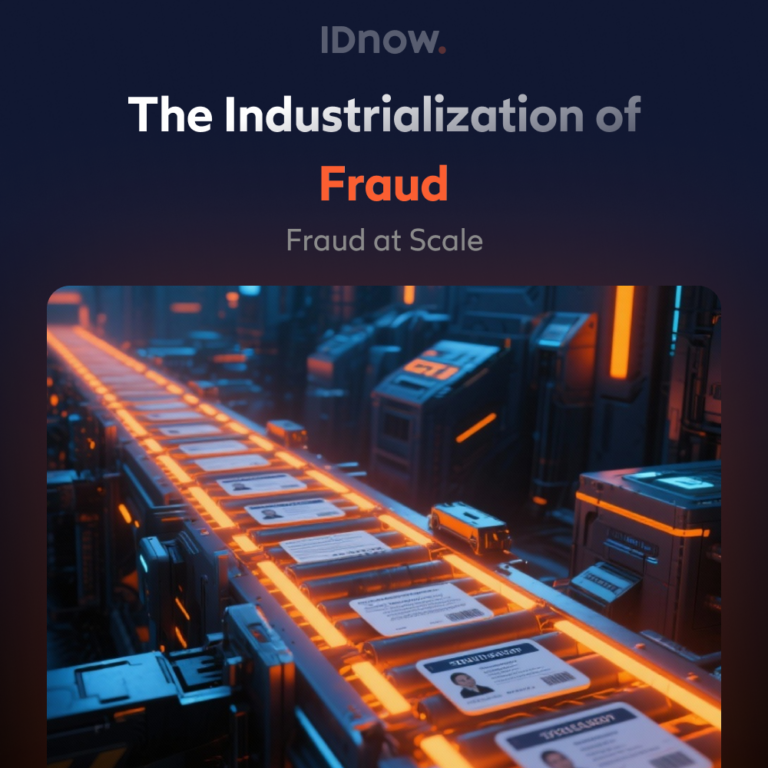What is decentralized Finance?
Beyond just cryptocurrencies.
Decentralized finance describes financial services or instruments which are not managed by a central company or authority, but rather operated on a form of blockchain or DLT. In consequence, DeFi applications are transparent, borderless and permissionless.
DeFi means much more than just cryptocurrencies and payments. It is expected that DeFi will replicate all the various forms of assets, financial instruments and contracts that exist in traditional finance today. Further, the more advanced technologies are creating entirely new financial services and products.
What types of financial services does DeFi cover?
DeFi use cases
Decentralized exchanges and marketplaces, such as Uniswap or OpenSea allow users to trade assets, such as cryptocurrencies, NFTs or any other form of token. Apart from trading assets there is lending, saving products, insurance and even gambling.
Technically speaking, there are no limitations to decentralized financial services, however legally, there often is. It’s important to highlight, that tokenized assets are typically not considered legally equivalent to their original counterpart and therefore treaded differently when it comes to regulation or taxation.
How does DeFi work in practice?
Technologies & key terms used in DeFi.
Following the idea of a decentralized world, DeFi uses a variety of technologies to operate without central authorities and intermediaries. The following list includes the most relevant terms and technologies behind DeFi.
Layer 1 (L1) Cryptocurrencies
Layer 1 cryptocurrencies, also called L1 tokens, networks or protocols are the foundational layer of the decentralized ecosystem, including DeFi. Layer 2 tokens on the other hand are built on top of the L1 protocols.
Many of the cryptocurrencies with the largest market cap are considered L1 tokens. For a while, Ethereum has been considered the most significant DeFi token. However, in recent years further L1 tokens such as Solana (SOL), Cardano (ADA) and Polkadot (DOT) have emerged and gained significant traction. All three currently are under the top 10 cryptocurrencies by market capitalization.
Smart Contracts
Next to cryptocurrencies and blockchain technology itself, smart contracts are a core technology to create decentralized financial services. A smart contract is a program running on a blockchain that will execute when certain conditions or events are met.
It is critical to highlight, that smart contracts are not necessarily considered legally binding agreements and are subject to local laws and regulations. In many countries, they're more often considered as a form of automating and executing existing or preceding legally valid agreements.
DApp - Decentralized Apps
DApps are as their name implies decentralized applications, The true value of DApps gets unlocked by connecting them to each other. For example, by connecting your OpenSea account to your MetaMask wallet, you can access your funds in order to purchase a NFT (Non-Fungible Token).
Decentralized apps can be anything from Wallets, such as MetaMask, to games like AxieInfinity to whole exchanges like Uniswap or the NFT marketplace OpenSea.
DAOs - Decentralized Autonomous Organizations
Beyond decentralized apps, there are DAOs, which are self-governed organizations run on a blockchain. The decisions within the organizations are made by smart contracts and the voting rights of the DAO token holders.
A DAO is not an official form of incorporation and is often even considered illegal in many countries. Notable examples are the leading decentralized exchange Uniswap and the cryptocurrency Dash, which are both organized as DAOs.
Do we still need a KYC in a decentralized world?
DeFi and KYC.
The answer is yes and no. While DeFi itself based on its open, borderless design does not foresee KYC, the traditional centralized finance world does. Many countries have meanwhile included cryptocurrencies and other tokenized assets into their financial and AML regulation. The German financial regulator BaFin even introduced a first-of-its-kind crypto license for companies looking to service German citizens.
The leading decentralized exchange Uniswap currently does not have a KYC process and is facing heavy criticism by national regulators as well as its centralized counterparts, who are required to have a KYC in place.
Learn more in our blog article: NFTs – the new art of money laundering?
DeFi is global, but regulations are local.
Regulations in a decentralized world.
By design DeFi is a borderless and therefore truly global ecosystem. At the same time, traditional finance is centralized and financial and AML regulations are highly local. Read more about DeFi & KYC in our latest blog article: Are DeFi and KYC a contradiction?
To onboard and service customers from all around the world, you not only need a partner that can handle a large variety of identity documents, but also complies with the respective local AML regulations.
To learn more about how IDnow can fulfil your KYC needs in a decentralized world, visit our Crypto industry page.
Crypto in KYC—the new pot of gold at the end of the regulation rainbow?




